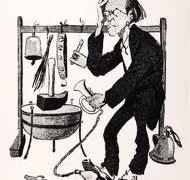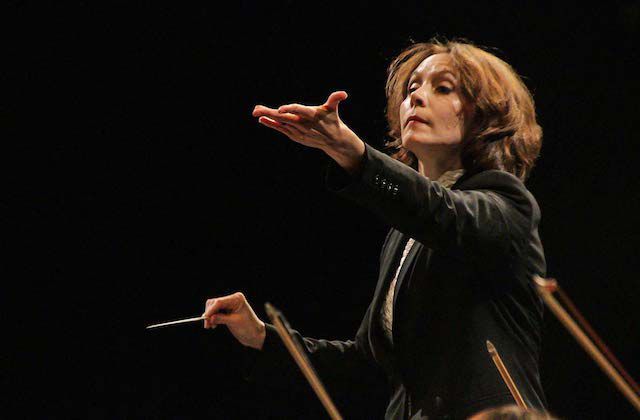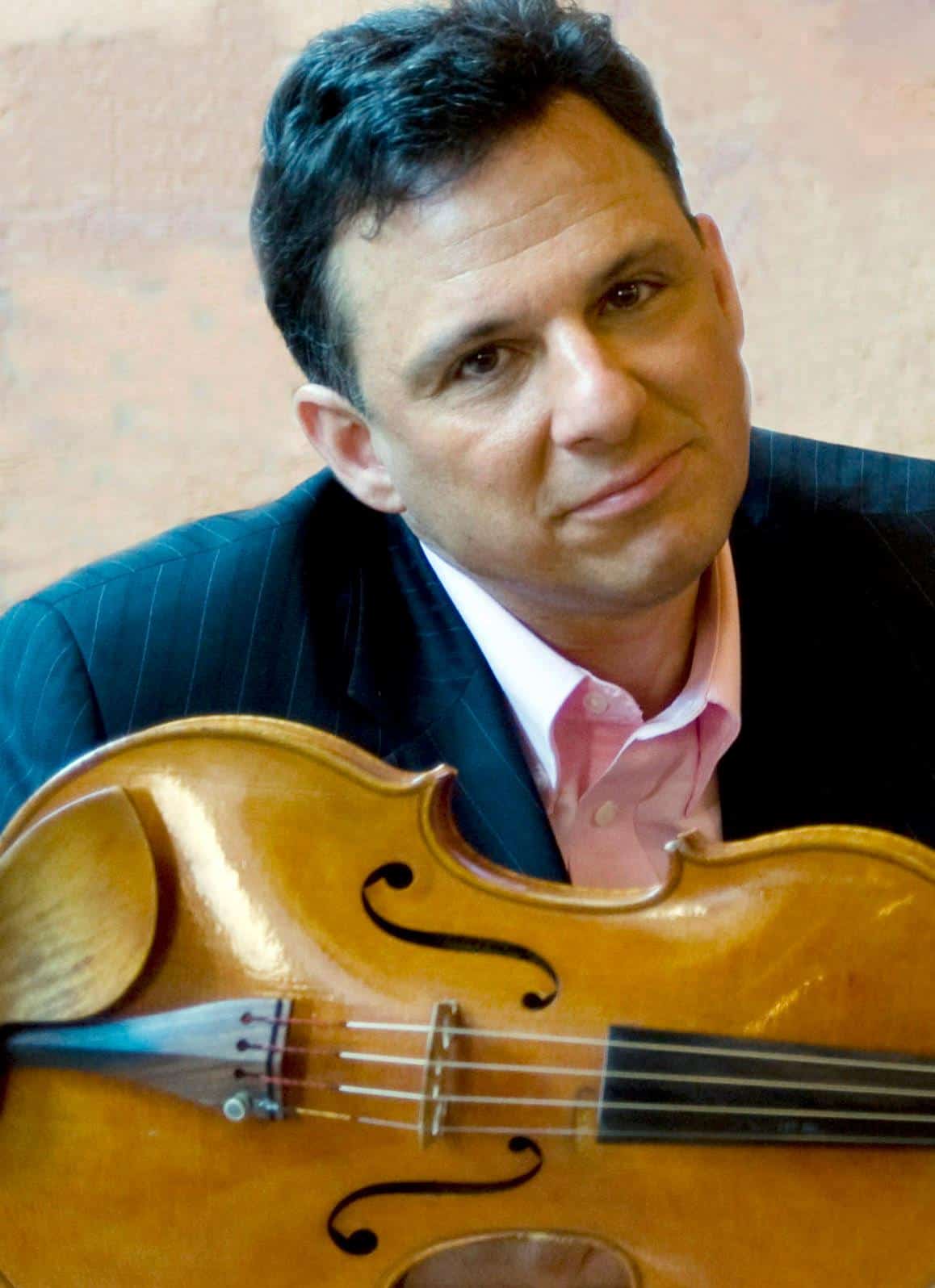Alastair Macaulay reviews Rattle’s anthropologically eclectic concert
NewsOur critic got distracted last night by the conductor’s political homilies.
Barbican Hall, April 23, 2023: by Alastair Macaulay
Simon Rattle, Britain’s most prestigious classical musician this century, took the opportunity on Sunday 23 (Shakespeare’s birthday) to address the Barbican Hall audience about the recent swingeing cuts made by the Arts Council and by the BBC. He had long been programmed to conduct the London Symphony Orchestra in Mahler’s Seventh Symphony; the recent resurrection of the BBC Singers (“one of the greatest choruses in the world”) from the BBC’s proposed proposed deletion had prompted him to add them in Poulenc’s “Figure humaine” as the concert’s second half. It was the BBC Singers who delivered the world premiere of “Figure humaine”, when the score was smuggled out of occupied France.
He addressed the audience twice. Before the Mahler, as if encouraging the symphony’s audience not to leave before the Poulenc, he said “If you know ‘Figure humaine’… you will want to hear it again. If you do not know it, this is simply the greatest piece of music you have not heard. It is one of the most extraordinary pieces of unaccompanied choral music of all time.”
Then at the end of the interval, he returned to talk politics. Referring to swingeing cuts made by Britain’s two largest supporters of classical music, the Arts Council and the BBC, he said “There’s a kind of dishonesty about many of the decisions. George Orwell would recognise the language. ‘Refresh the administration’? ‘Reimagine the art form’? They’re two pieces of news-speak that mean the opposite of the actual words. But you can all choose your own…. So many of the problems are rooted in an ignorance about what this art form entails. And, more worryingly, there seems to be a stubborn pride in the ignorance…. We’re in a fight, and we need to ensure that classical music remains part of the beating heart of our country and of our culture.”
The two halves of Rattle’s concert both exemplified the higher achievements of the culture he meant. Mahler’s Seventh can be heard many ways. Its unorthodox structure has five movements; its vast soundworld includes shrieks, birdsong, cowbells, a string quartet, and an anthropologically eclectic array of dance and march rhythms. Rattle joined all this extravaganza to a larger sense of classical form. The symphony emerged as a vast arc of imagination, a psychologically journey into changing dream terrain now spectral, now poignant, so that its final entry into joyous daylight becomes startling, even surreal.
Mahler and Poulenc face in opposite directions. The light textures, poignant harmonies, and piquant metres of Poulenc’s unaccompanied 1943 cantata feel bracingly clean, stingingly fresh. The French words, by Paul Eluard, cover imagery and feeling both dark and bright; the final movement gradually accelerates as it approaches the culminating word “Liberté!” By the time that word has been uttered (a soprano top E suddenly lifts the final syllable into a new kind of heroic ecstasy), the idea of liberty has emerged in many senses and moods.
The BBC Singers sang the music as if to demonstrate their need for existence, with exemplary musical lucidity, every harmony movingly weighted. Here’s hoping they now work towards even brighter French diction. I always want to give Poulenc singers the exercise of the closing lines of his song “Montparnasse”: “Tes yeux ressemblent tant à ces deux grands ballons qui s’en vont dans l’air pur à l’aventure.” Every syllable must register communicatively.






Comments